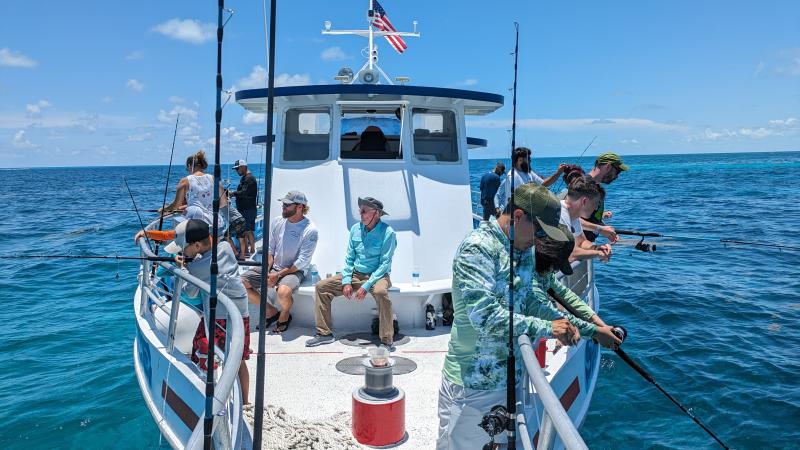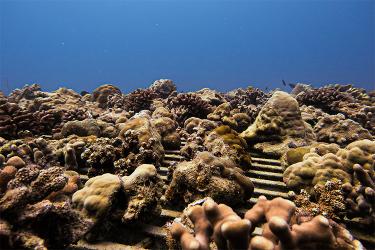NOAA Fisheries has released an updated National Saltwater Recreational Fisheries Policy and multi-year national and regional implementation plans. They identify actionable commitments to advance our policy goals.
Saltwater recreational and non-commercial fishing is an integral part of American coastal life. It is both a cultural cornerstone and an important economic driver in the United States. With millions of saltwater anglers—from Maine to Guam, Alaska, and the Caribbean—the American saltwater recreational fishing community is as diverse and widespread as the species it pursues. Recreational fishing supports 594,000 jobs, generates $98 billion annually in sales impacts, and contributes $54.9 billion to the U.S. gross domestic product. Sustainable saltwater fisheries can only be achieved with trust and collaboration between scientists, managers and the recreational fishing community.
"The recreational fishing community is a valued constituency and critical stewardship partner for NOAA Fisheries and the nation," said Janet Coit, Assistant Administrator for NOAA Fisheries. “We are excited to release the updated National Saltwater Recreational Fisheries Policy and implementation plans that reflect and reinforce our commitment to anglers and sustainable recreational fisheries. We look forward to achieving a vibrant, sustainable future for recreational fishing through partnership.”
Updates to the Recreational Fisheries Policy
The updated policy will help guide NOAA Fisheries’ approach to recreational fisheries by articulating our goals and principles. The original policy was released in 2015 and required an update to remain relevant in our changing oceans.
Key additions to the goals and principles include:
- Climate change
- Equity and environmental justice
- Greater focus on expanding offshore industries (such as aquaculture and wind energy)
Incorporating Public Input
Following the 2022 National Saltwater Recreational Fisheries Summit, we received substantial public input for how to update the policy from the recreational community and our management partners. We developed the implementation plans that accompany the policy to address the particular needs of the recreational fisheries we serve. These initial implementation plans contain almost 150 agency commitments and are intended to be periodically updated as needs and priorities change. We will monitor their implementation to ensure follow through and accountability.
Policy and Implementation Plans
Policy
Implementation Plans
- National
- Alaska
- Atlantic Highly Migratory Species
- New England/Mid-Atlantic
- Pacific Islands
- Southeast (including the Gulf of Mexico and Caribbean Sea)
- West Coast



